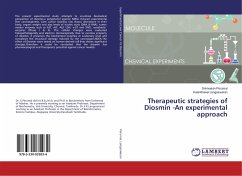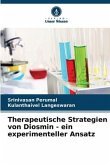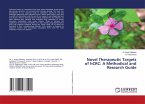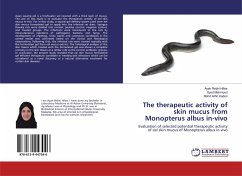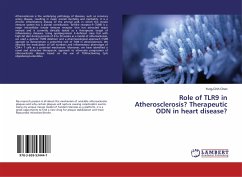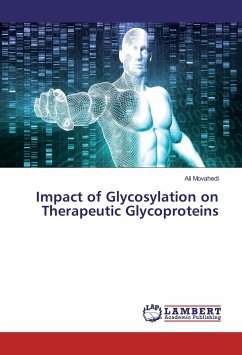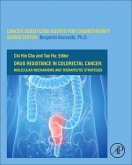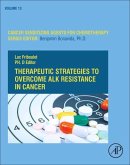The present experimental study attempts to scrutinize biomedical perspective of diosmin,a polyphenol against NDEA induced experimental liver carcinogenesis. Liver cancer bearing rats shows alterations in their body, organs weight and also levels of nucleic acids (DNA & RNA), tumor marker enzymes such as AST, ALT, ALP, LDH, Gamma-GT and 5'NT), xenobiotic enzymes (Phase I & II). The cellular changes were evaluated histopathologically and electron microscopically. Due to curative property of diosmin, it preserves the biochemical enzymes at customary level and convalesce the structural damage induced by the carcinogen,NDEA.The effect of Diosmin were tested on human derived cell lines shows significant changes.Therefore it could be concluded that the diosmin has pharmacological and therapeutic potential against cancer models.

